

Boston College’s Lynch School Develops Custom Program for the Brazilian Jesuit Network
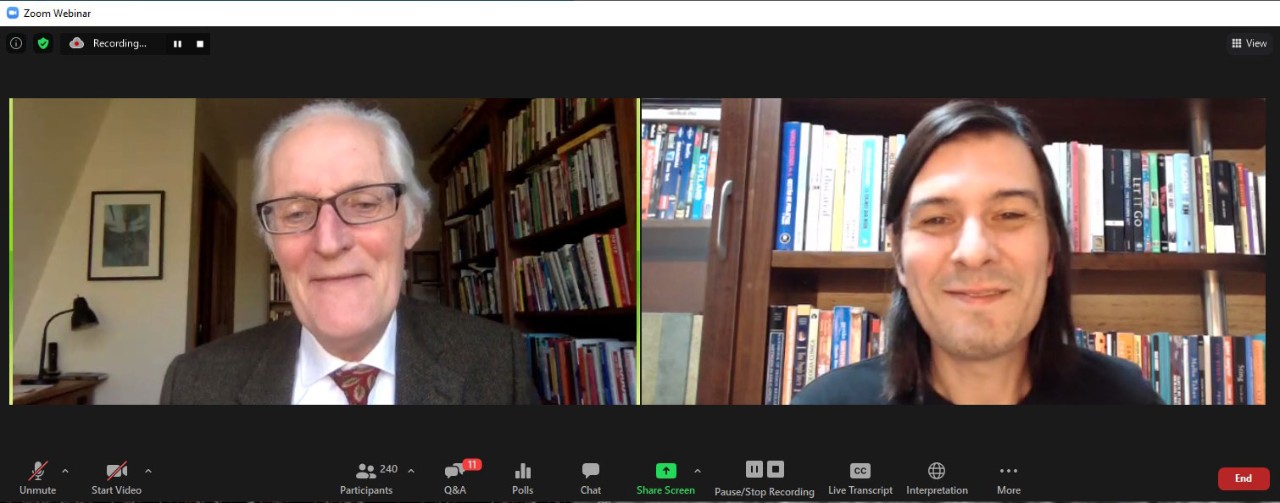
A screenshot from The Mindful Teacher webinar, presented by Dennis Shirley (right), Duganne Faculty Fellow and professor of Teaching, Curriculum and Society at Boston College's Lynch School of Education and Human Development, and moderated by Gustavo Severo de Borba (right) from UNISINOS. The webinar was available in both English and Portuguese with attendees from across Brazil.
However, in today’s increasingly borderless world, this mission has become much more nuanced. Teachers must first become globally competent citizens themselves before they can become effective intercultural educators. A new professional development course developed by BC’s Lynch School is designed to do precisely that.
Boston College’s Lynch School has partnered with Rede Jesuíta de Educação Básica (RJE) from Brazil and the Instituto para Inovação em Educação - UNISINOS to offer a webinar and asynchronous mini-course to support the professional development of teachers and faculty at Jesuit schools in Brazil. This new professional development offering focuses on supporting intercultural teacher development, as well as mindful teaching.
“ Interculturality is a lifestyle. It’s a way of being. It is an expression of curiosity and openness to different cultures. It’s an acknowledgment of historical wrongs that legacies like colonialism and racism have perpetrated, but it’s also a commitment to a future of human solidarity, equity, and freedom. ”
Educators from across Brazil attended the webinar, which was available in both English and Portuguese. The mini-course, which runs from May 1–31, consists of four modules that address themes of interculturality as it relates to education through the topics of global citizenship, race, bilingualism, and literacy. More than 150 teachers and faculty from 17 schools signed up for the program.
The course was designed by bringing together research and expertise from faculty across the Lynch School, including Dennis Shirley, Maria Brisk, professor emeritus, Teaching, Curriculum, and Society; C. Patrick Proctor, professor of Teaching, Curriculum, and Society; Scott Seider, associate professor, Applied Developmental and Educational Psychology, and his co-teacher Daren Graves, associate professor of education and social work at Simmons University.
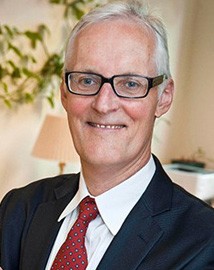
Dennis Shirley, Duganne Faculty Fellow and professor of Teaching, Curriculum and Society
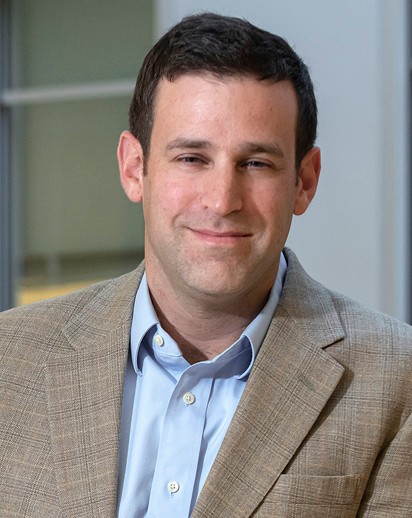
Scott Seider, associate professor, Applied Developmental & Educational Psychology
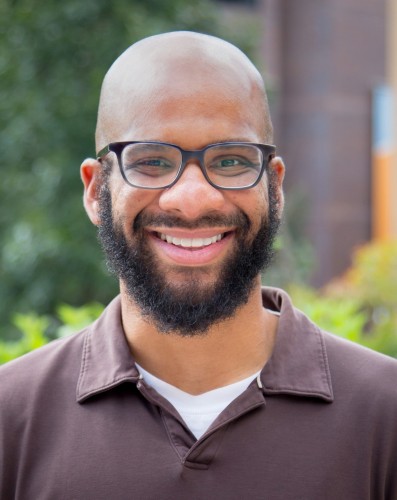
Daren Graves, associate professor of education and social work at Simmons University
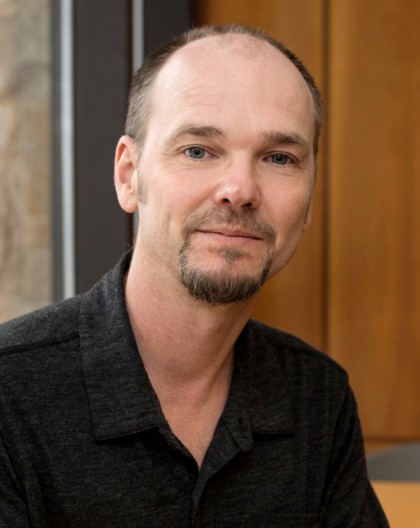
C. Patrick Proctor, professor of Teaching, Curriculum, and Society
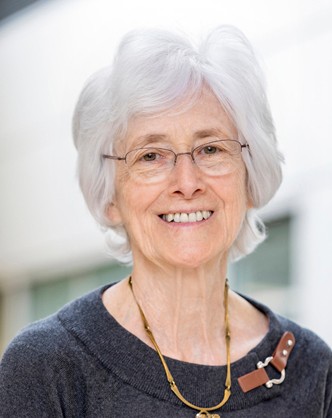
Maria Brisk, professor emeritus, Teaching, Curriculum, and Society
“Our role in the Lynch School’s Professional and Continuing Education Office is to match the research and academic expertise of our faculty with the specific needs of an organization,” said Kaitlyn Solano, programs administrator for the Office of Strategic Initiatives and External Relations at the Lynch School. She managed all of the logistical considerations and was an integral part of bringing the course to fruition. “All of our programs are designed to be as accessible as possible. In this case, we were able to provide a customized offering to teachers and faculty across Brazil.”
“We’re working on developing similar collaborations with institutions around the world. Educators in the United States can learn so much from our international colleagues. And I’d like to think that the reverse is also true,” added Shirley.